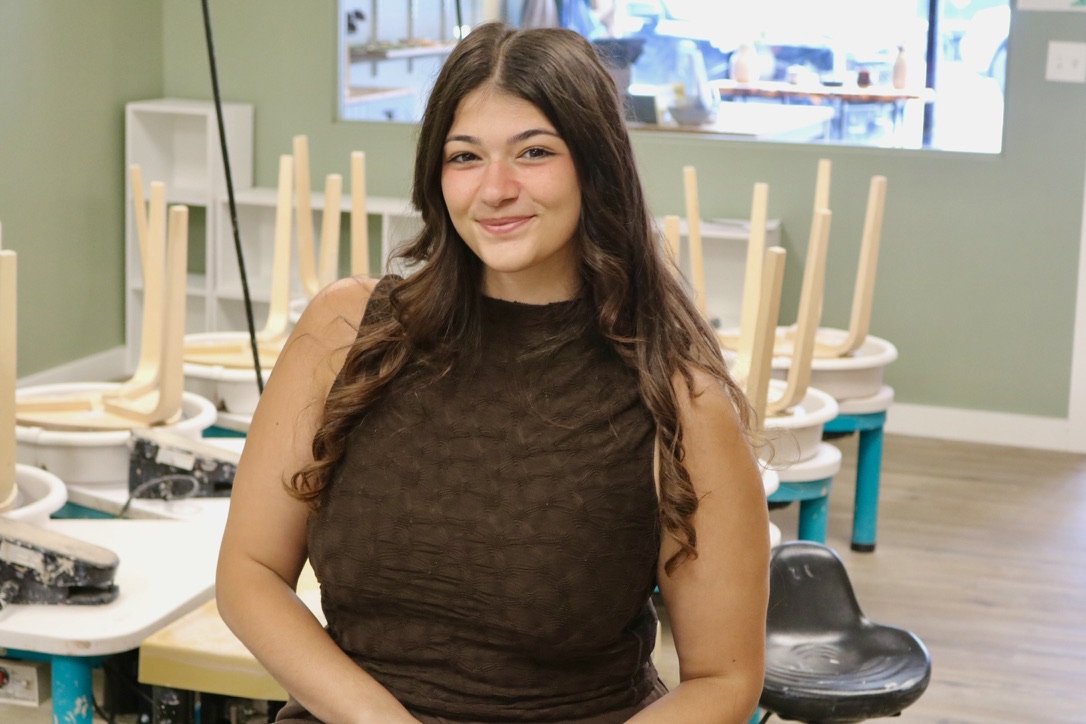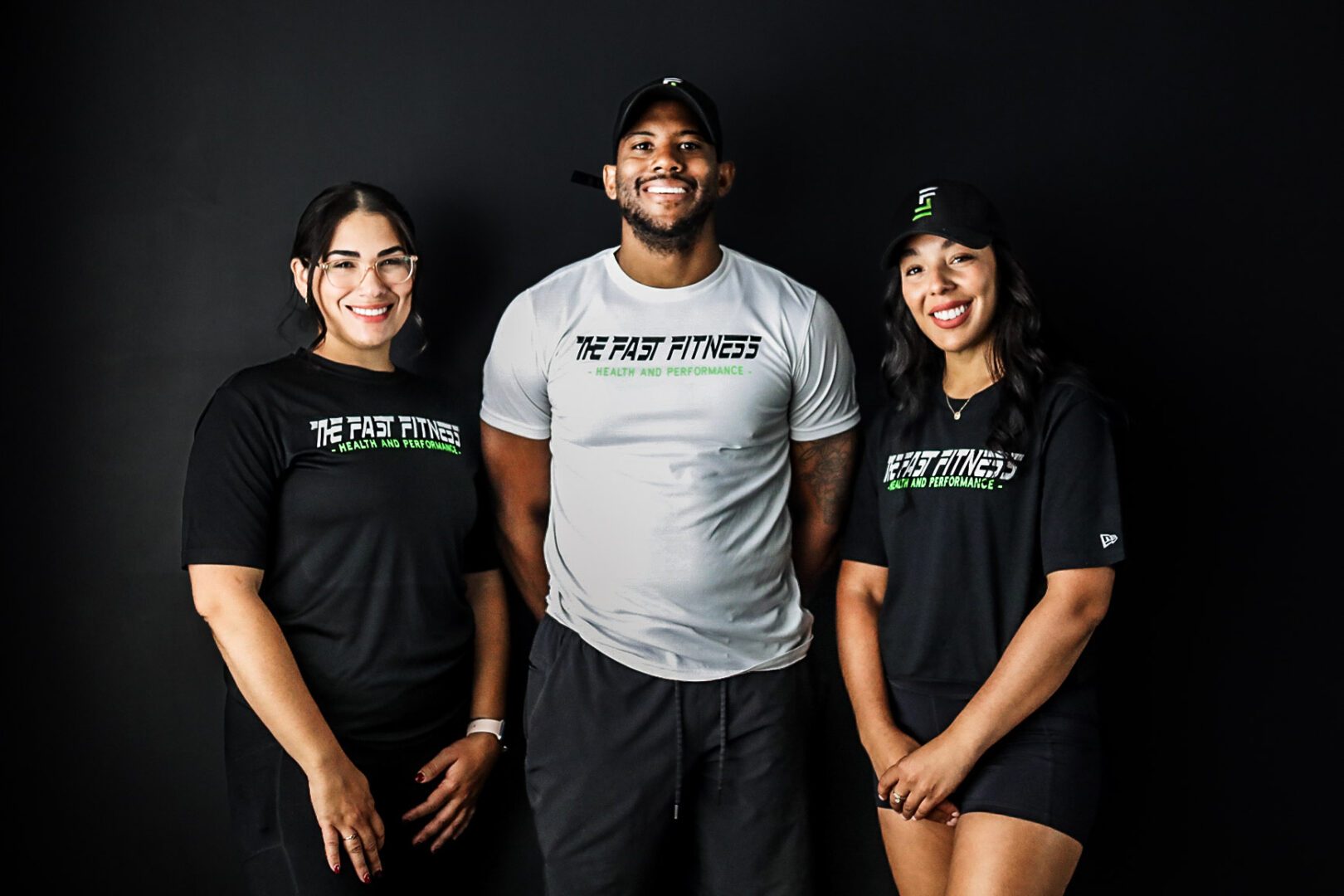We were lucky to catch up with Bryon Johnson recently and have shared our conversation below.
BRYON, so good to have you with us today. We’ve always been impressed with folks who have a very clear sense of purpose and so maybe we can jump right in and talk about how you found your purpose?
Through my journey of recovery, I discovered a deeper sense of purpose—one rooted in giving back and helping others find hope in the darkness. My path led me to Shine A Light, an organization dedicated to homeless outreach in the tunnels beneath Las Vegas, where so many struggle to survive, unseen by the world above. Walking through those tunnels, meeting people who have been forgotten, and offering them resources, compassion, and connection has given my life new meaning. It’s a reminder that just as I found my way out, I can help light the way for others.

Great, so let’s take a few minutes and cover your story. What should folks know about you and what you do?
My journey has been one of struggle, redemption, and purpose. Originally from California, I moved to Las Vegas at a young age, where I began getting into trouble in high school with drugs and alcohol. That path led to dropping out, deeper addiction, and eventually incarceration at 18. For years, I was caught in a cycle of substance abuse and legal troubles, lost in a darkness I couldn’t escape. But through recovery, I found a new purpose—not just in rebuilding my own life but in reaching out to those still suffering.
I find peace going down into the tunnels and doing outreach. Those are my friends. I have cultivated many personal relationships with some of the people living underground.
I came into recovery through a specialty court program here in Las Vegas. I was arrested on a felony, expecting to continue the cycle of incarceration, but something beyond my power had other plans. I was sent to an inpatient facility, where I was introduced to 12-step recovery. At the time, Shine A Light was based out of that treatment center. It wasn’t what it is today. I saw the army of volunteers who would come on Saturdays to do outreach, and it felt welcoming to be able to go down there.
There is a lot of stigma surrounding the tunnels in Las Vegas, so of course, I believed the horror stories. But when I finally went out with Shine A Light, it was the complete opposite of what I had expected. The people living there are human beings—no different than you or me.
I volunteered with Shine A Light for about two years before a job position opened up. Through my hard work and dedication to the foundation, they offered me a job. I have now been a full-time employee for a little over a year. It has been two years since I graduated from that drug court program.
When I started working for Shine A Light, they had just contracted with the eight district specialty courts—the same program I had just graduated from. They wanted me to be the lead case manager for that program. We have been running the F.R.E.E.D.O.M. program for a little over a year, maintaining a 75% retention rate. We currently have 80 active clients in various stages of their program.
Through lived experience, I am able to relate to my clients on a level that only someone who has walked in their shoes can understand. Of course, I have help—Jamie Hatfield is my co-worker, my rock, and my sanity. She has been working with the courts longer than I have and has been an amazing pillar in this community.
There is so much advice out there about all the different skills and qualities folks need to develop in order to succeed in today’s highly competitive environment and often it can feel overwhelming. So, if we had to break it down to just the three that matter most, which three skills or qualities would you focus on?
Willingness
For me, I had to have a level of willingness to listen and take direction. I tried doing things my way for many years, but I always got the same result. I thought that because I was separated from drugs and alcohol through incarceration, things would be different this time. Yet, every single time, I ended up with the same outcome.
So, this last time, I made the decision to try something different. If nothing changed, I told myself, I could always go back to my “comfort zone.” But over time, my life started getting better. Day by day, month by month, I began hitting milestones. I was able to keep a job, I had no setbacks in my court program, and I started obtaining things I never thought possible—like a car that was mine, an actual driver’s license that wasn’t expired, and my own place to live.
When the time came to graduate from my court program, I took an honest look at my life. I compared where I was to where I had been. The answer was clear—I had to keep doing what I was doing through the 12-step program and recovery.
Open-Mindedness
There are so many things I do now that I never would have imagined working for me—things like meditation, 12-step meetings, and connecting with a “higher power.” I used to think, How could this possibly work for me? But at the end of the day, I had never actually tried it.
Joke’s on me—it worked.
Being open-minded to things I was once turned off by ended up changing my life.
Honesty
I had to be honest with myself and admit that I had a problem. I also had to be honest with my newfound peers. I had spent so many years lying to people. I had to take accountability for my actions as well as my motives.
If I truly wanted to change my life, I couldn’t continue doing the things I had always done. Nothing changes if nothing changes.

All the wisdom you’ve shared today is sincerely appreciated. Before we go, can you tell us about the main challenge you are currently facing?
At Shine A Light, we provide Continuity Case Management. We didn’t want to recreate the wheel—Las Vegas has abundant resources. Instead, we walk people through the process. The definition of continuity is “the unbroken and consistent existence or operation of something over a period of time.” Through our case management program, we support individuals for 18 to 24 months. No matter where they go—whether it’s treatment centers, sober living homes, or independent housing—we remain available to help.
As I’ve shared before, I struggled with addiction and homelessness for years. In my opinion from it is very hard for a 90-day treatment program to fix years of trauma and addiction. That’s why we’re here—to guide people through the process, helping them navigate available resources and ensuring they have support every step of the way.
One of our primary focuses is outcomes, not just outputs. Treatment centers, jails, and hospitals track what happens while someone is in their care—what services were provided and whether they completed the program. If someone successfully completes 90 days of treatment or a full medical detox, they may receive a resource packet and be sent on their way. From a data perspective, that’s considered a successful completion.
But what happens after they leave?
Did they stay sober?
Did they become a productive member of society?
Do they have a career?
Do they even have a state ID, birth certificate, or Social Security card?
Were they connected to some sort of pathway to recovery?
Ninety days is a very short amount of time to heal trauma and obtain the essentials needed to become self-sufficient. That’s why we offer long-term case management—so when someone stumbles, we can catch them and connect them with the right people to help them stay on their path to recovery.
Contact Info:
- Website: https://www.shinealightlv.com
- Instagram: @bryonjohnson222
- Linkedin: https://www.linkedin.com/in/bryon-johnson-49a54a344?utm_source=share&utm_campaign=share_via&utm_content=profile&utm_medium=ios_app
so if you or someone you know deserves recognition please let us know here.




